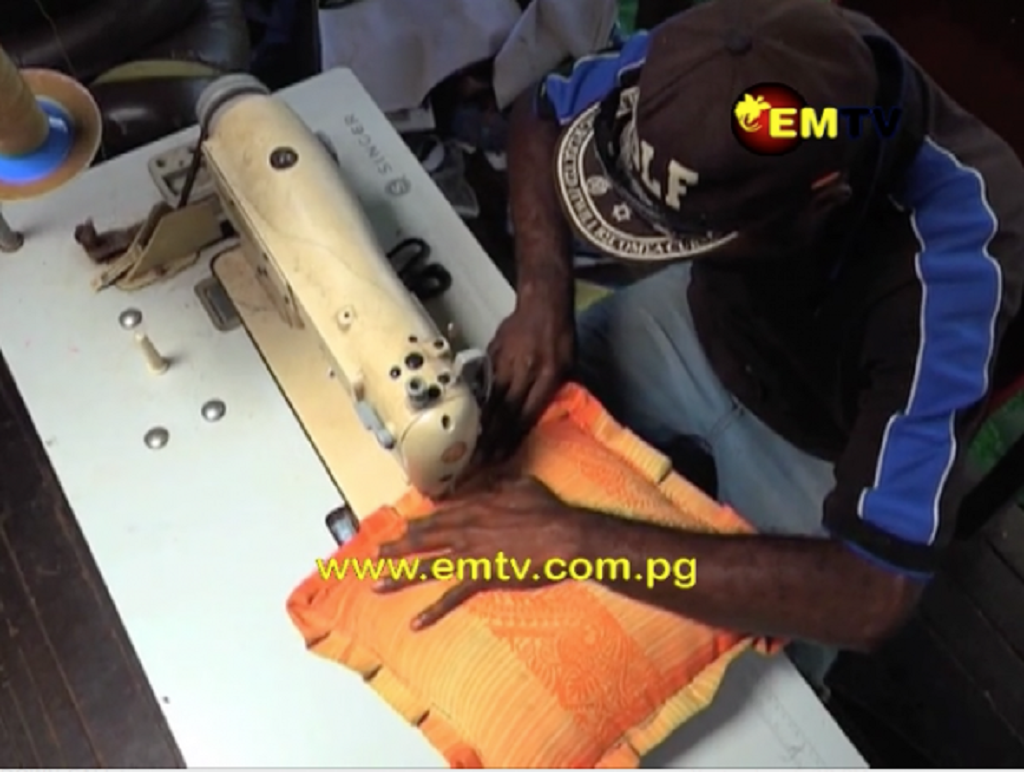By Scott Waide – EMTV News, Goroka
A SMALL business owner in Goroka is calling on provincial governments to construct large buildings that can be used by PNG-owned SMEs rent-free until their businesses become profitable.
Tony Basse, whose family started Ultimate Furniture in Goroka in 2016, said shop space rentals are the biggest obstacle to small business making monthly incomes of up to K3, 000.
The story of Ultimate Furniture is a typical tale of SMEs in Papua New Guinea – where a business is built from scratch, from the savings of a family.
Ultimate Furniture pretty much followed the script. They started buying equipment three years before they began in 2016.
“When we decided to go into upholstery, it was because of my little brother, who is a professionally-trained upholster, and he worked for Pacific Foam for over 10 years.”
“He has been producing furniture for that firm, and realizing that with the potential he has, he could prosper and market his skills on his own,” says Tony Basse.
EMTV followed the encouraging developments, and by 2017, the business looked good. They had begun renting a space for a showroom, but then the elections happened, and business was hit hard by the lack of sales.
“For the furniture business, we have been operating at the lowest, which is 2,500 kina for a product. So not many people can walk in with K2,500 to buy anything,” Tony says.
Tony Basse and his family then decided to return to where they started, to rebuild their resources.
“For us, there is so much potential where we can create more employment for many technical students who are just graduating,” Tony says.
Tony Basse’s story, is the same as many other SMEs who can’t pay rent in prime locations, because it’s too expensive.
In towns like Goroka, the average rental cost per month is between K3, 000 and K10, 000.
It is simply unaffordable for startups like Ultimate Furniture.
“If you don’t make a sale for a month, the rental itself will actually put you out of business,” says Tony.
As an SME owner, Tony is now calling on provincial governments to build shops to encourage SME growth. He says SMEs should be allowed to operate for at least five years rent-free until they become financially stable.
Financing remains one of the biggest obstacles for SMEs in Papua New Guinea.
The banks don’t really want to lend, government help is limited, but the political rhetoric for Papua New Guinean-owned businesses and job creation continues in a country where the vast majority of the retail sector is controlled by foreigners.


